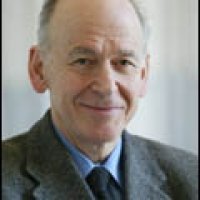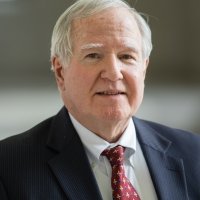Commentary: Trade and the Environment After Seattle

Free trade, seen by many as the engine of world economic growth, has once again become the subject of bitter dispute. Nowhere was this more evident than at the meeting of the World Trade Organization (WTO) in Seattle at the end of 1999. There, environmentalists joined with trade unionists and advocates for developing countries in staging mass protests. These diverse groups claimed the WTO is unrepresentative and undemocratic, overlooking environmental interests and those of the world’s poor in favor of big business. Inside the negotiating halls, the United States and the European Union clashed over agricultural subsidies and genetically modified organisms (GMOs). Developing country representatives complained that they remained marginalized in the official talks.
As a first step in addressing these complex linkages, we at the Wilson Center have drawn upon Wilson Center speakers and fellows, past and present, to comment on trade and the environment in the wake of Seattle. Future activities of the Environmental Change and Security Project will promote dialogue and exchange on this topic and we are especially pleased that William Krist (formerly of the American Electronics Association) has joined the Center as a senior policy scholar to facilitate these debates.
Authors
Professor of Sociology, Roehampton Institute, London, UK

Professor of Political Economy at the University of Toronto

Former Director, Program on America and the Global Economy, Woodrow Wilson Center

Environmental Change and Security Program
The Environmental Change and Security Program (ECSP) explores the connections between environmental change, health, and population dynamics and their links to conflict, human insecurity, and foreign policy. Read more

Explore More
Browse Insights & Analysis
360° View of How Southeast Asia Can Attract More FDI in Chips and AI


